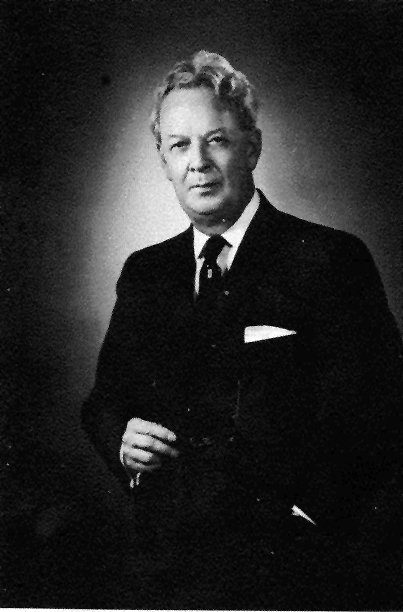The Karl S. Little Foundation provides scholarships to Western CUNA Management School, covering up 80% of tuition costs.
Scholarships are awarded based on a combination of factors, such as the needs and background of the individual applying, the size and need of the credit union, and the number of applications received in the year. Priority is given to those at smaller credit unions, or to credit unions with greater need.
What that means is that we have a certain number of scholarships to award. We will prioritize some applicants above others primarily based on need—which translates into the credit union’s ability to pay for the school. Some years we may receive only a few applications, and all of them will be awarded scholarships. Other years, we may receive more applications, and only a portion of the applicants will receive scholarships.
Apply for a 2024 scholarship here.
Staff members of the Utah Credit Union Association administer the Foundation, coordinating the fundraising and scholarship application processes.
The foundation is named after Utah’s Mr. Credit Union, Karl S. Little, who spent decades of his life advancing the credit union movement, from the 1930s into the 1960s.
Karl S. Little believed in credit unions because he felt they created a recourse for those driven to loan sharks for money. He viewed credit unions as a tried and proved method by which people could build greater financial security for times of necessity. Credit unions could elevate the moral tone of economic life in Utah by serving man and not money. They provided the average person with three important services:
In 1935, Karl became the first managing director of the Utah State Credit Union League, and held the position for about 30 years. He helped organize more than 200 credit unions in Utah. According to Karl, one such credit union, the Utah Poultry Producers Council Credit Union, “was organized while we sat around on grain-filled gunny sacks during a lunch period, and in one-half hour had the organization ready to roll.”
Karl once said, “What I want to result from my own efforts is for people to say, when I am old and in a wheel chair, ‘That is Karl, he organized my credit union. He helped eliminate crooks and loan sharks in Utah. He made me, a little man, feel important and gave me the confidence to manage my own financial affairs. He worked for me because he believed in me.'”
